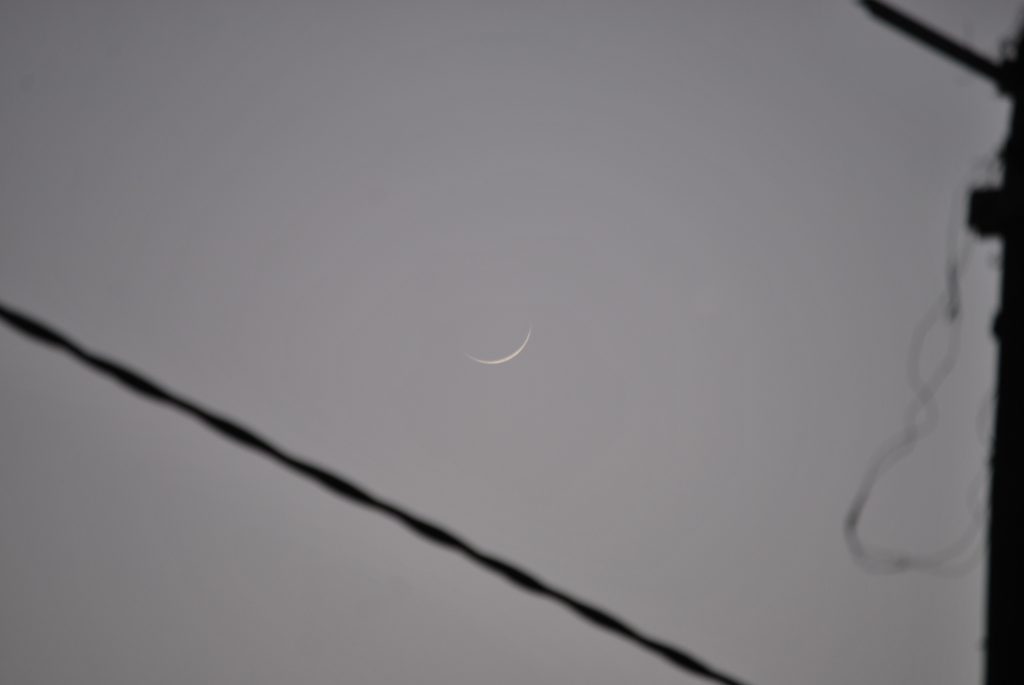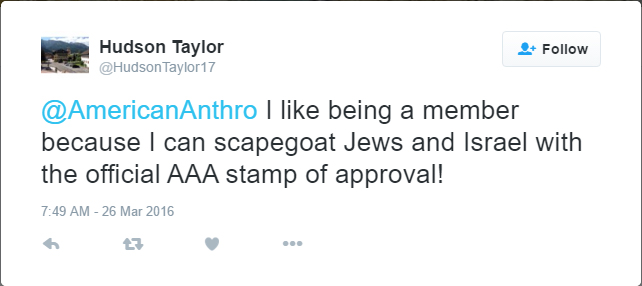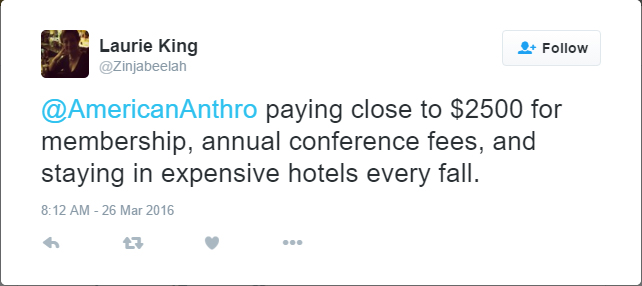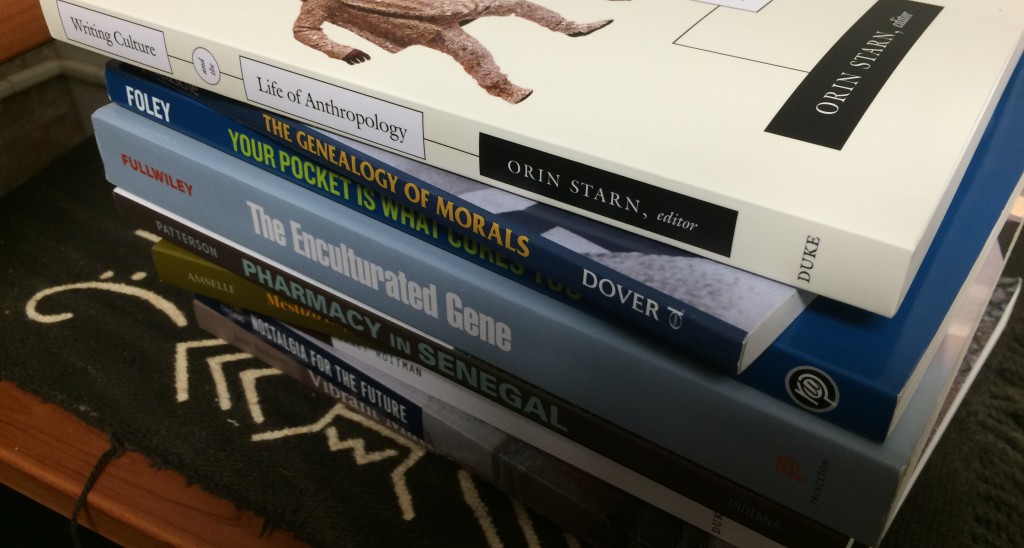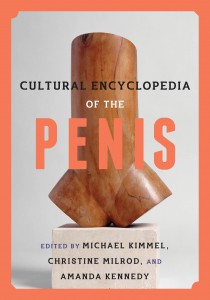If you’re just starting out in anthropology, let me do you a favor. I want to point out three items that are NOT resources for learning more about anthropology, though they may seem like it at first glance.

1. Anthropologie. This is obvious for many of our readers: Anthropologie is a clothing and home décor retailer in the United States, UK, Germany, and France – not a store where you can find the course readings or cool skull things for your office. In fact, there is no clear connection between what Anthropologie sells and what anthropology is. I’ve heard stories of anthropologists shopping at Anthropologie who have tried to strike up conversation with employees about anthropology, only to be met with blank stares. Furthermore, Anthropologie’s ridiculously high prices for frivolous products are totally counter to anthropology’s long relationship with social justice and political economy. Instead: If you need anthropology-related goods, try patronizing your local bookstore or buy from the local artists wherever you do your research. Continue reading

